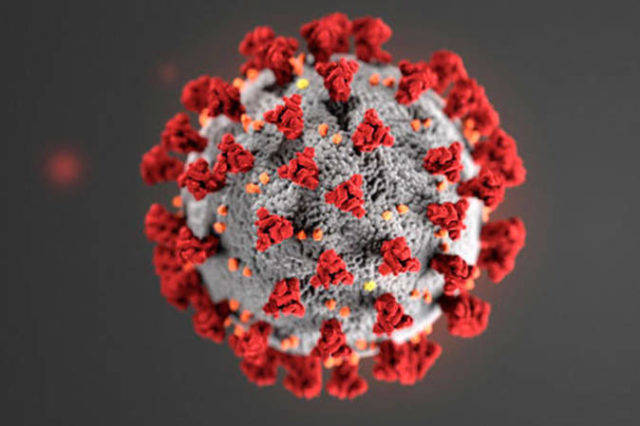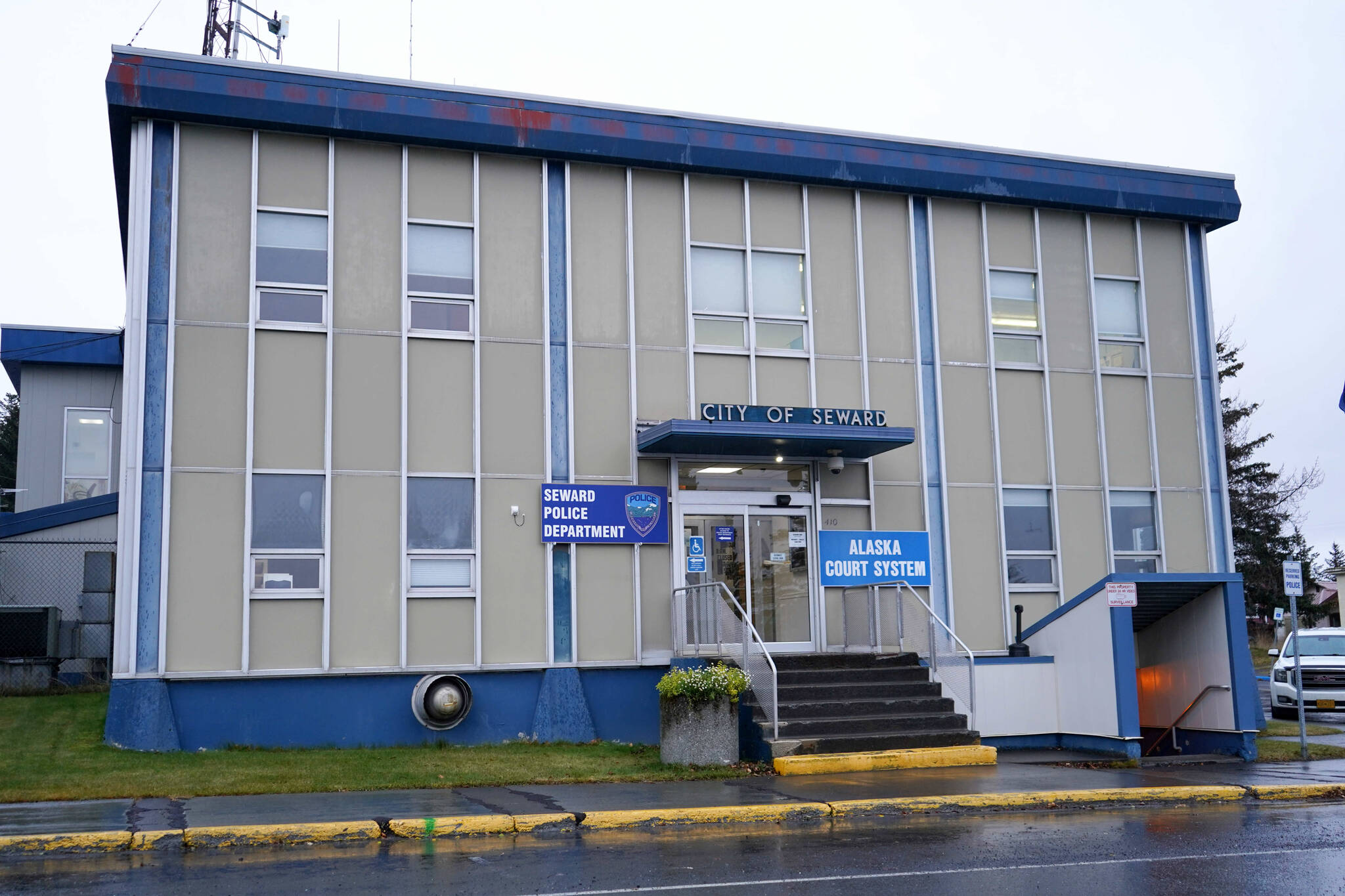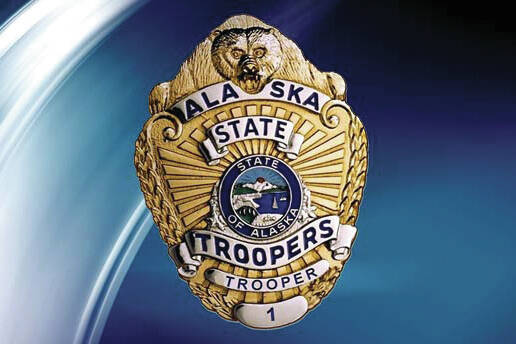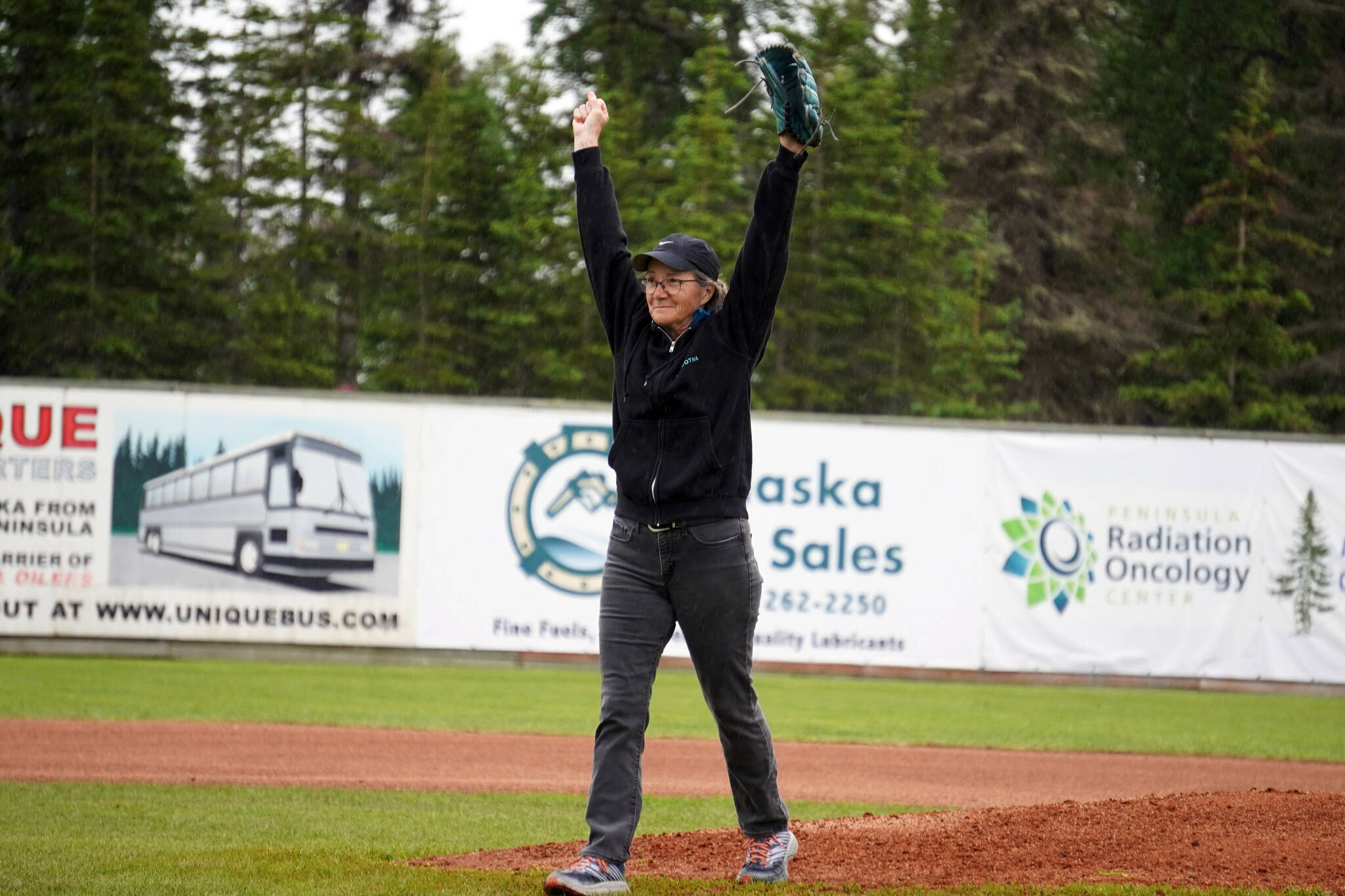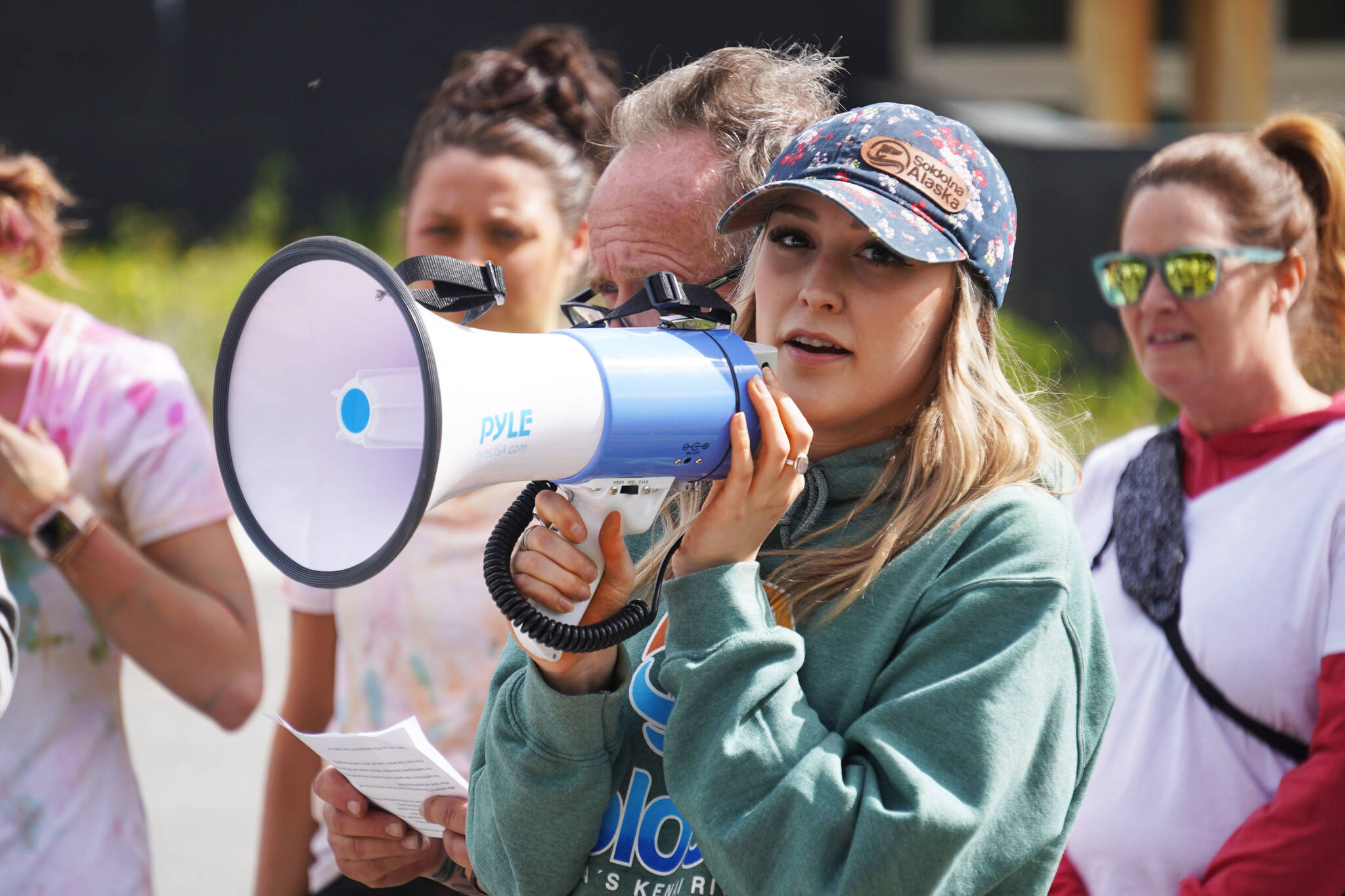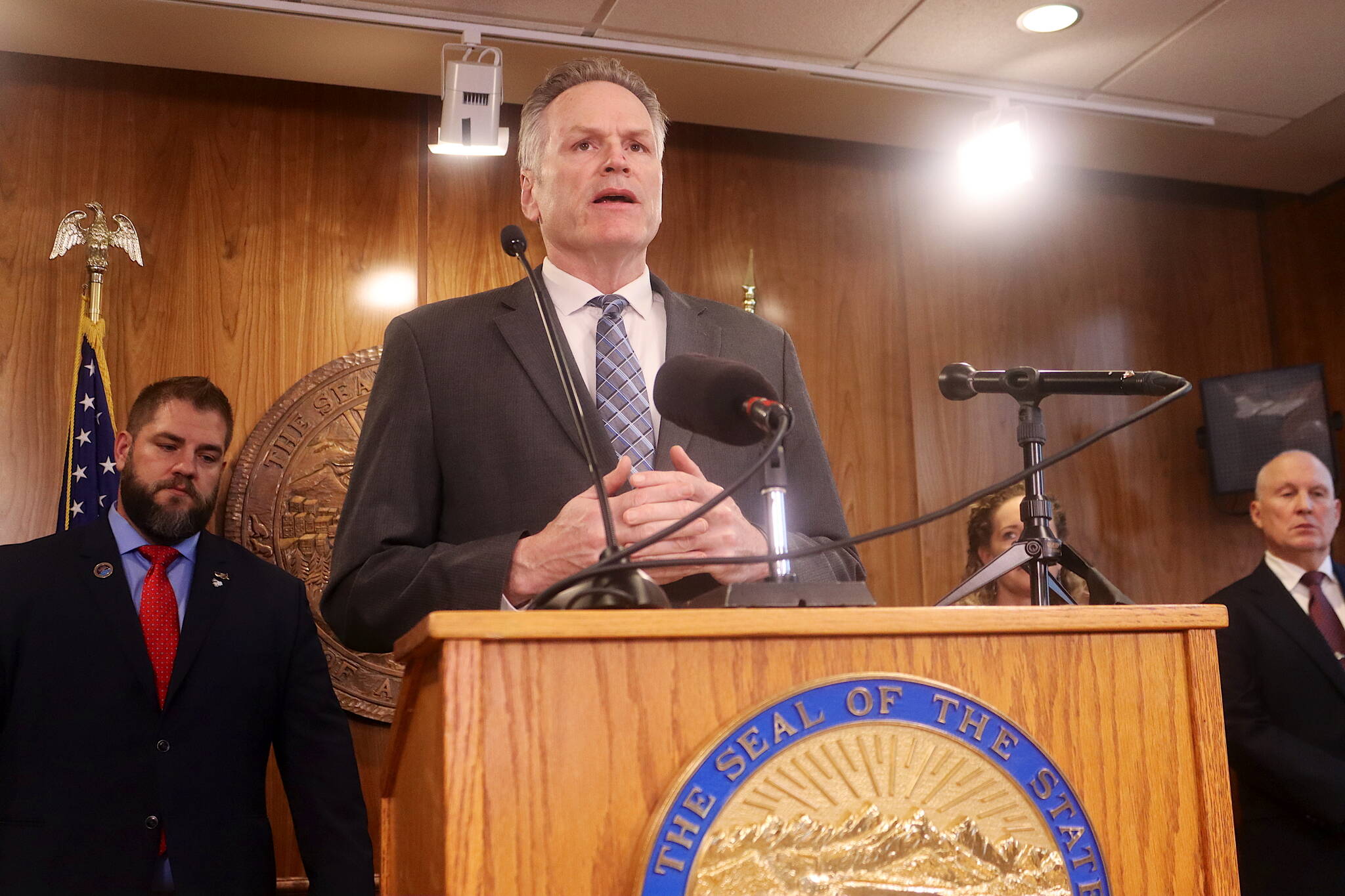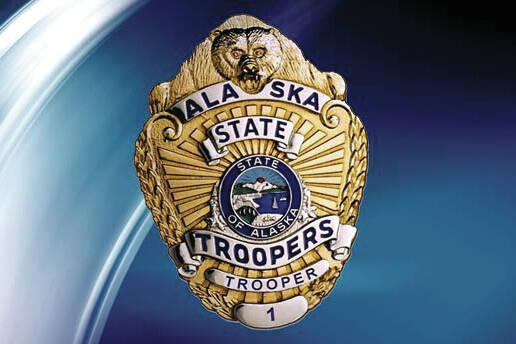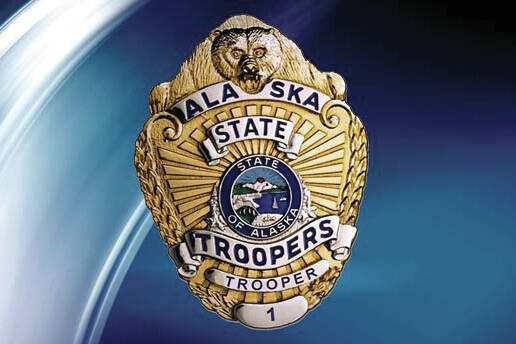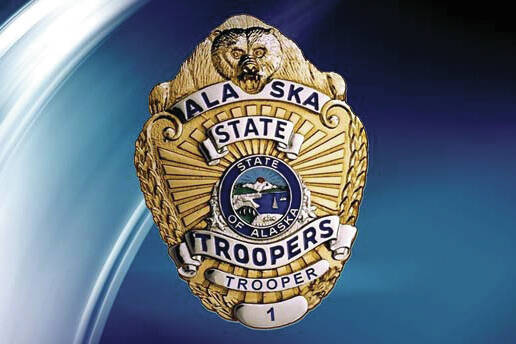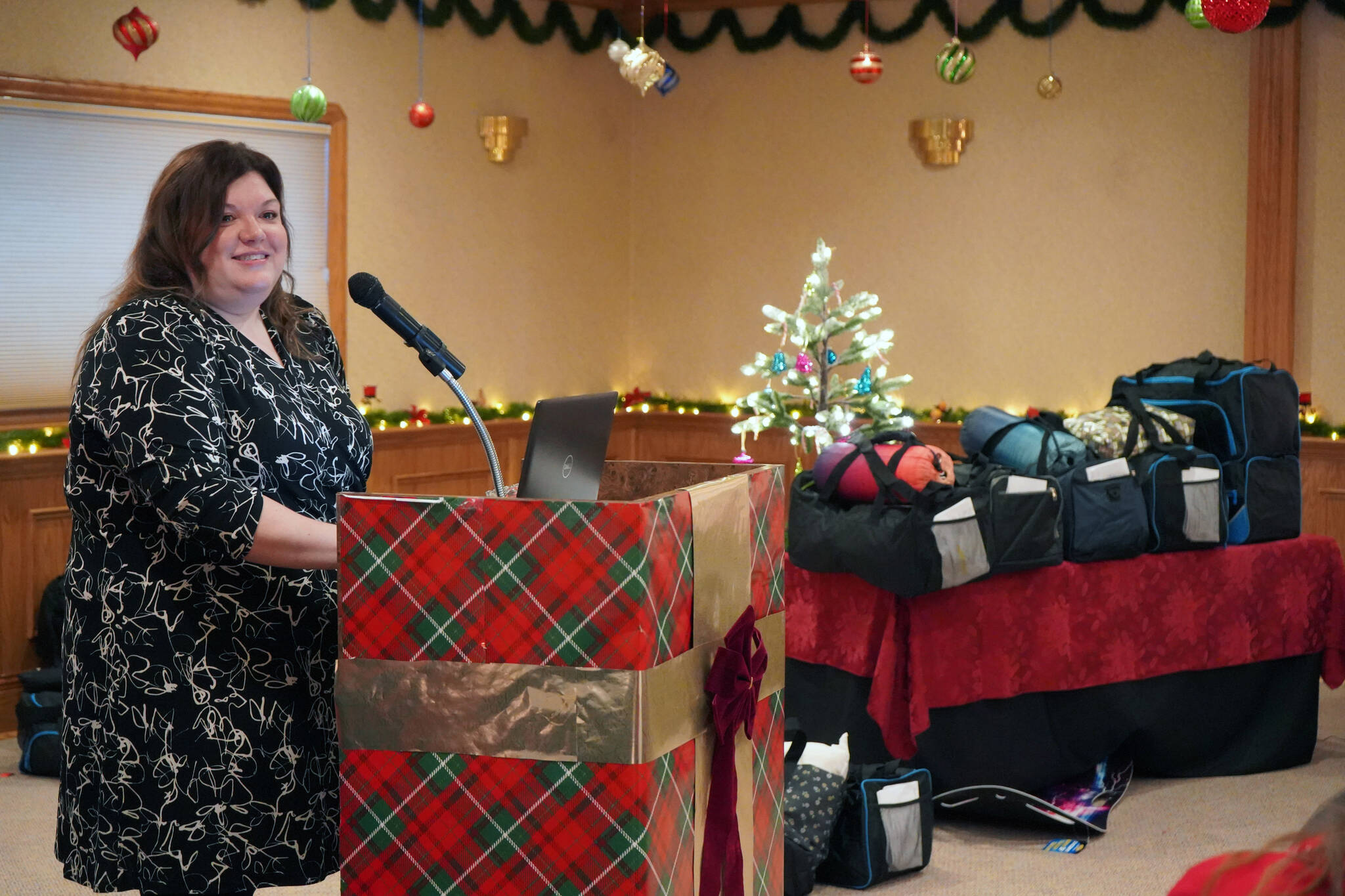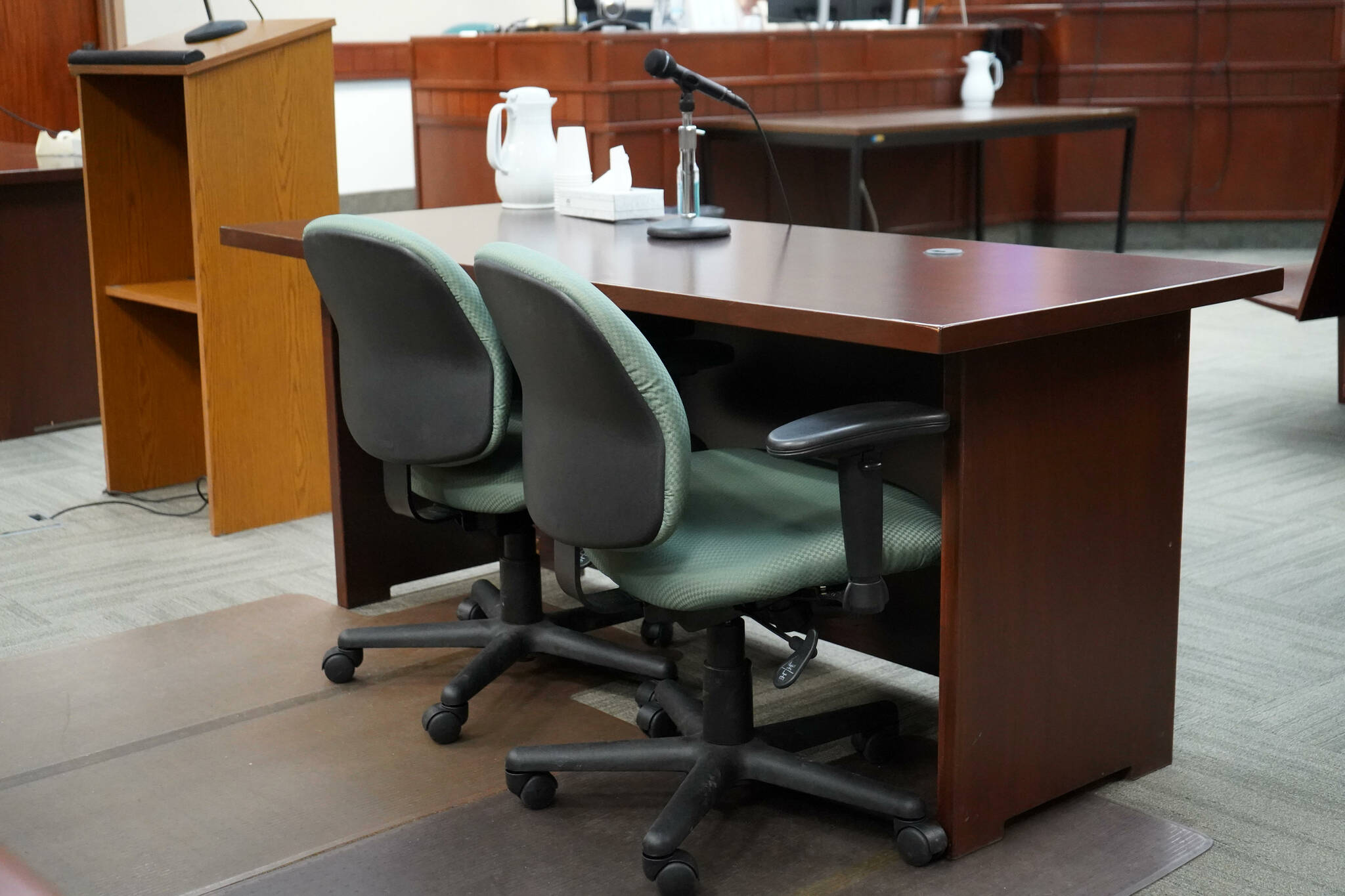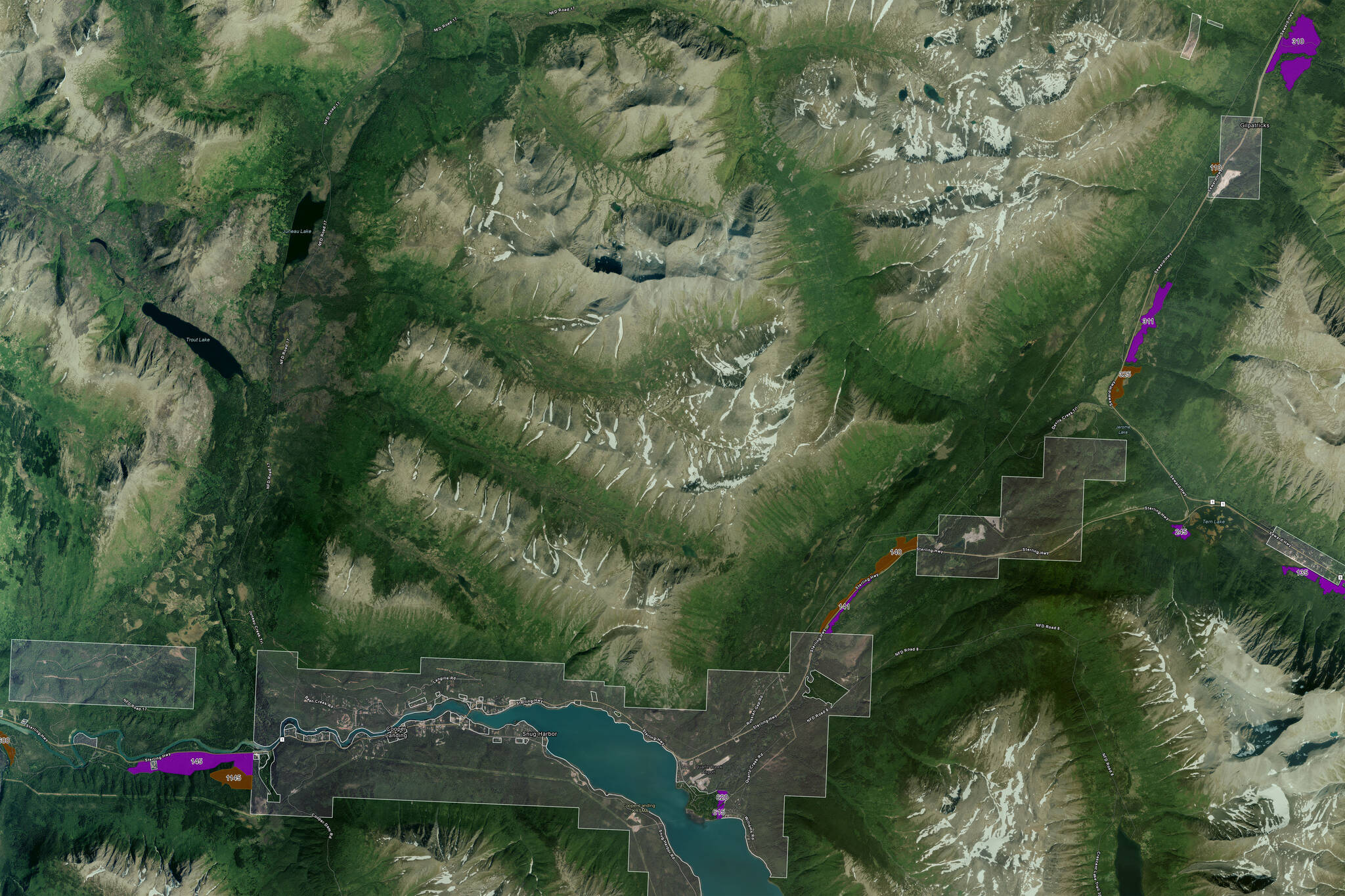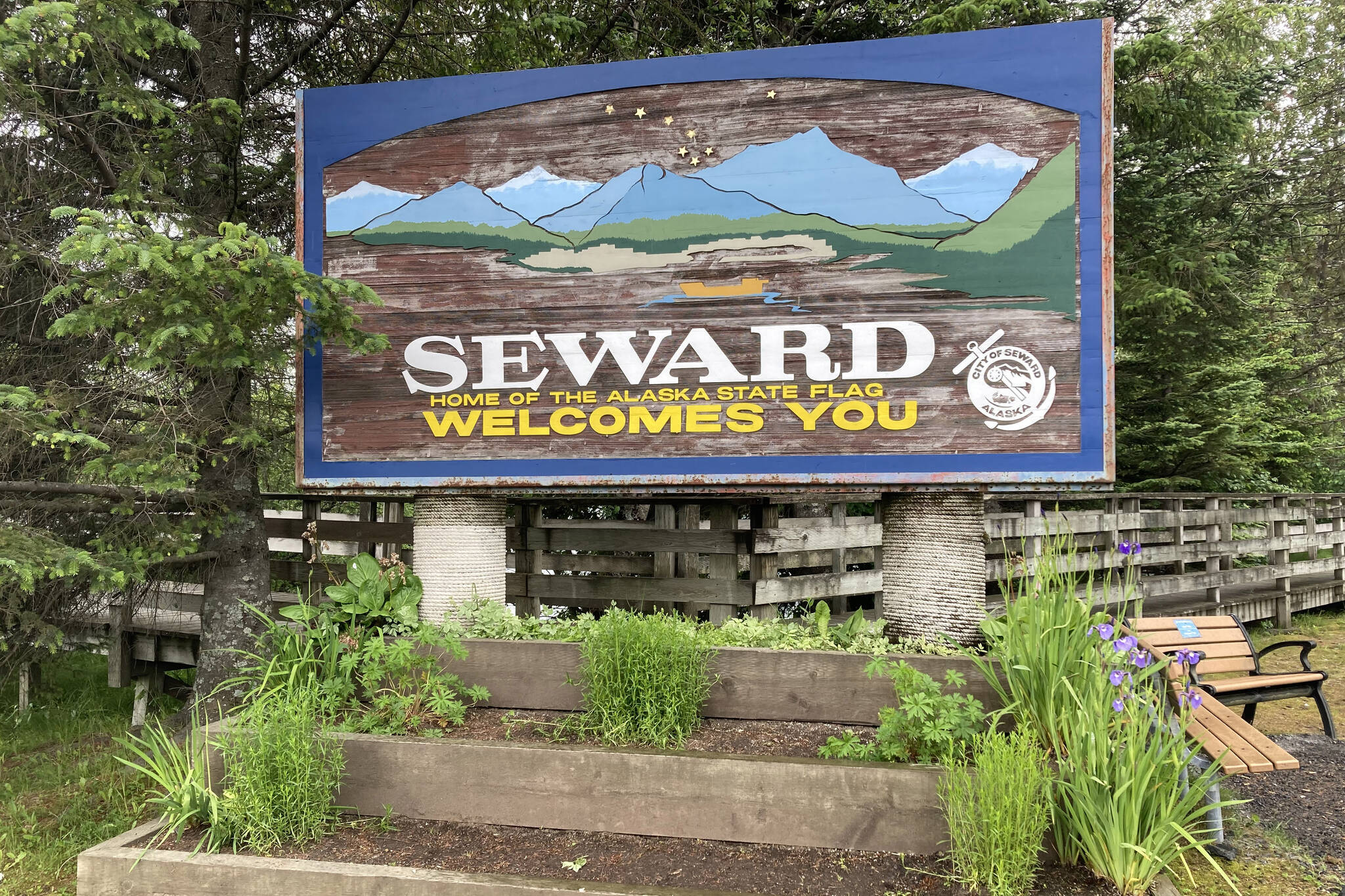Members of Gov. Mike Dunleavy’s administration held a virtual town hall to discuss the state’s ongoing response to the COVID-19 pandemic and to answer questions submitted by Alaskans ahead of the event.
The town hall was moderated by Dave Stieren, Dunleavy’s community outreach director, who posed a series of questions to Department of Health and Social Services Commissioner Adam Crum, Acting Attorney General Ed Sniffen and Major Gen. Torrence Saxe, the commissioner of the Department of the Military and Veterans Affairs. The questions were preselected by Dunleavy’s administration and focused on the effects of the ongoing disaster declaration, the various statewide mandates still in place and the authority that local municipalities and private businesses have in the context of the pandemic.
Crum took the opportunity Tuesday night to reiterate what statewide mandates were still in effect, and which ones had expired.
Health Mandate 16, which was issued by the state in April, ended all of the previous mandates regarding occupancy restrictions or limitations on group gatherings.
Health Mandate 17 did not set any restrictions, but offered a set of universal guidelines for the commercial fishing industry to adopt in order to prevent community spread as they brought seafood workers into the state this summer. Crum said that, with the exception of a few outbreaks, the industry used those guidelines successfully.
The only statewide mandate still in effect, Crum said, is the one regarding travel into the state: Travelers are still required to be tested for COVID-19 and have a negative result within 72 hours of departing for Alaska. With hunting season still open and travelers still arriving in Alaska, Crum said that the mandate would remain in effect for the foreseeable future.
“A trip to Alaska is a special thing, so make sure you’re doing everything in advance to come see our beautiful state,” Crum said. “Please come see our wonderful guides, outfitters and hospitality industry, but make sure you’re not bringing COVID with you.”
Sniffen fielded a few questions about the authority that local communities have to issue orders like mask mandates or occupancy limits if those things are not mandated by the state. Sniffen said that, in general, local communities do have that authority under the disaster declaration issued by the state. When asked if the state had the power to override certain mandates put in place by municipalities, such as Anchorage’s mask mandate, Sniffen explained that could only happen if a local mandate directly contradicted a statewide one.
“If the governor decided that there was a risk to the population, a health and safety risk from wearing masks, and he wanted to issue an order that says ‘No one is allowed to wear masks,’ he could probably do that,” Sniffen said. “But it would have to depend on the recommendations from his health team on whether that is appropriate or not.”
Sniffen also addressed the authority that private businesses have to implement restrictions at their place of business. In general, businesses have the authority to decide what is and isn’t allowed on their property, Sniffen said.
“The Constitution is really intended to protect people from government,” Sniffen said. “It’s not intended to control private business. So if your Fred Meyer or Walmart has a policy that you have to wear a mask when you go in the store, that business has the right to have the policy and ask you to follow it, and they can ask you to leave if you don’t follow it, and your option is to just not patronize that business. There is no constitutional or legal authority for the governor or the state to tell a private business that it can’t enforce its own policies like that.”
Sniffen is the acting attorney general for the state since Kevin Clarkson resigned due to revelations that he had sent inappropriate texts to a state employee.
View Dunleavy’s Town Hall here and on the Governor’s Facebook page.
COVID-19 in Alaska: by the numbers
Alaska’s Department of Health and Social Services reported 50 new cases of COVID-19 this week: 46 among residents and four nonresidents. The 46 resident cases were identified in Anchorage (31), Eagle River (one), Kodiak (one), Fairbanks (three), Palmer (one), Wasilla (three), Kotzebue (one), the Northwest Arctic Borough (four) and the Aleutians West Census Area (one).
All four of the nonresident cases were identified in Anchorage. One of the cases is related to tourism, and the other three are still under investigation.
Two previously reported resident cases have been removed from Alaska’s Coronavirus Data Dashboard through the data verification process, which puts the statewide totals at 6,950 resident cases and 936 nonresident cases. A total of 4,490 resident cases are active, while 2,415 residents have recovered and 45 have died. No new deaths were reported Tuesday.
One new hospitalization associated with COVID-19 was reported Tuesday, for a total of 266 hospitalizations since the state began tracking the pandemic in March. This number includes people who have died as well as people who have recovered and since gone home. Currently there are 39 COVID-19 patients hospitalized across 23 facilities in Alaska, as well as another four patients hospitalized under investigation for the disease. Fourteen COVID-19 patients require treatment on ventilators at this time.
A total of 431,191 COVID-19 tests have been conducted statewide. The positivity rate of test results processed in the last seven days is 2.28%. Locally, 18,628 tests have been conducted on the Kenai Peninsula, and the seven-day positivity rate for the region is 1%.
Central Peninsula Hospital has conducted 5,404 tests as of Tuesday, with 120 positive results, 5,224 negative results and 56 pending results.
South Peninsula Hospital has conducted 8,824 tests as of Monday, with 114 positive results, 8,573 negative results and 137 pending results.
Testing locations on the Kenai Peninsula
On the central peninsula, testing is available at Capstone Family Clinic, K-Beach Medical, Soldotna Professional Pharmacy, Central Peninsula Urgent Care, Peninsula Community Health Services, Urgent Care of Soldotna, the Kenai Public Health Center and Odyssey Family Practice. Call Kenai Public Health at 907-335-3400 for information on testing criteria for each location.
In Homer, testing continues to be available from 10 a.m. to 8 p.m. daily at South Peninsula Hospital’s main entrance as well as through SVT Health & Wellness clinics in Homer, Seldovia and Anchor Point. Call ahead at the hospital at 907-235-0235 and at the SVT clinics at 907-226-2228.
In Ninilchik, NTC Community Clinic is providing testing on Monday, Wednesday and Friday. The testing is only for those traveling, symptomatic, needing testing for medical procedures, or with a known exposure after seven days. Only 20 tests will be offered per day. To make an appointment to be tested at the NTC Community Clinic, call 907-567-3970.
In Seward, testing is available at Providence Seward, Seward Community Health Center, Glacier Family Medicine and North Star Health Clinic.
View the interactive map below to learn more about each testing location on the peninsula.
Reach reporter Brian Mazurek at bmazurek@peninsulaclarion.com.
